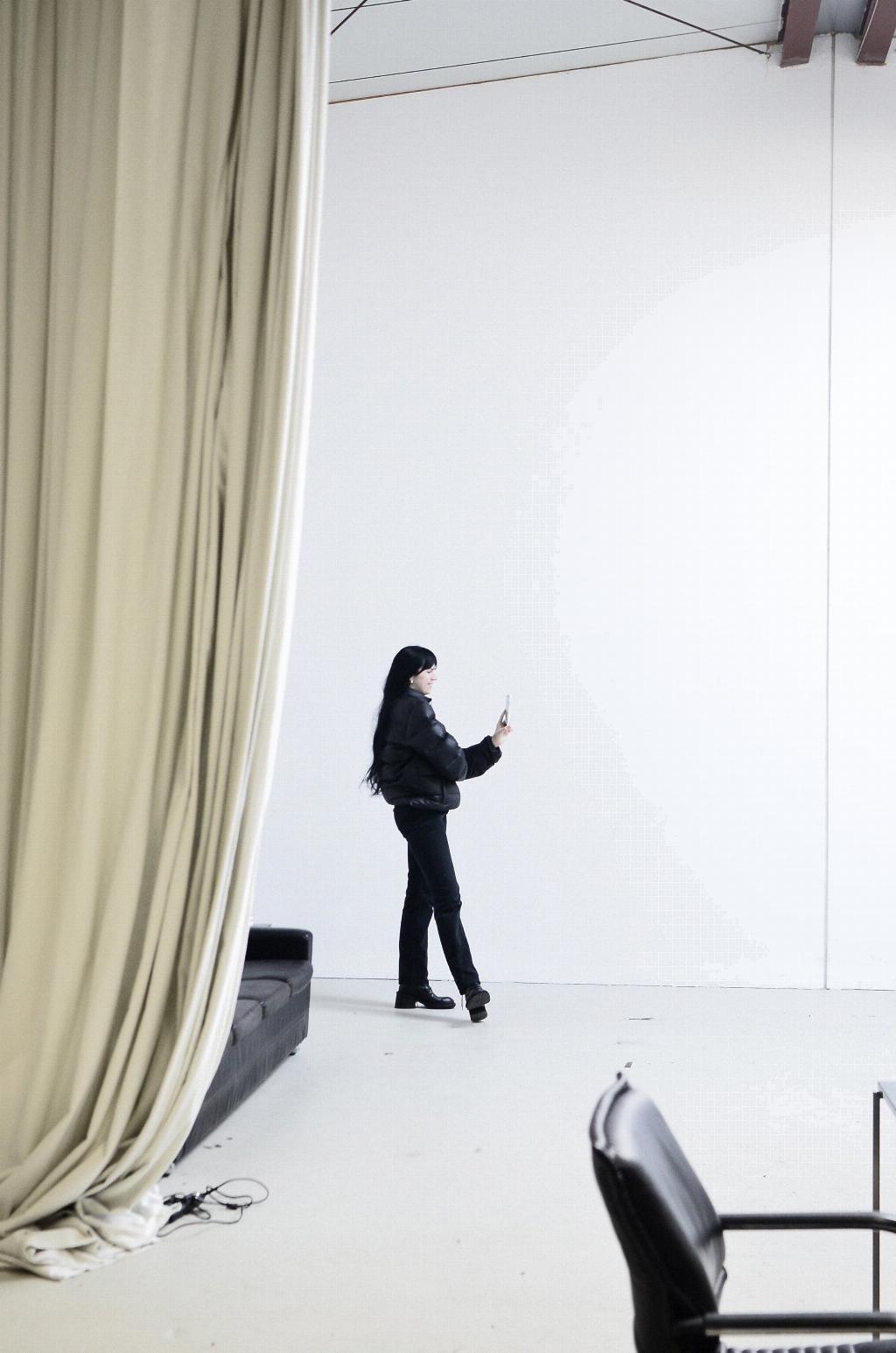When a pregnancy occurs while an intrauterine device (IUD) is in place, it can raise various concerns and potential complications. Understanding the side effects of being pregnant with an IUD is crucial for proper management and care during this delicate situation.
One of the primary risks associated with being pregnant with an IUD is an increased likelihood of spontaneous abortion. Studies have shown that pregnancies with an IUD in situ have a higher risk of ending in miscarriage compared to those without an IUD [2]. This risk is attributed to the presence of the device potentially disrupting the normal development of the pregnancy.
In addition to the risk of spontaneous abortion, pregnancies with an IUD also have a higher chance of preterm delivery. The presence of the device can lead to complications that may result in the baby being born prematurely, which can pose additional health risks for both the infant and the mother [52].
Furthermore, the risk of infection is significantly heightened in cases of pregnancy with an IUD. Infections can occur due to the presence of the device, increasing the likelihood of maternal septic complications that can have serious implications for the health and well-being of both the mother and the fetus [18].
Another potential side effect of being pregnant with an IUD is the risk of ectopic pregnancy. While rare, there have been reported cases of pregnancies occurring outside the uterus when an IUD is in place. Ectopic pregnancies are not viable and require immediate medical intervention to prevent severe complications.
Moreover, the presence of an IUD during pregnancy can lead to the development of uterine perforation. The device may puncture the uterine wall, causing pain, bleeding, and potentially requiring surgical removal of the IUD to prevent further damage and complications.
Women who find themselves pregnant with an IUD may also experience increased anxiety and emotional distress. The uncertainty surrounding the pregnancy, coupled with concerns about potential complications, can take a toll on the mental and emotional well-being of the expectant mother.
It is essential for women who discover they are pregnant with an IUD to seek immediate medical attention. Healthcare providers can assess the situation, determine the position of the device, and recommend appropriate interventions to safeguard the health of both the mother and the unborn child.
Monitoring the pregnancy closely through regular prenatal care is crucial in cases of pregnancy with an IUD. Medical professionals can closely monitor the progression of the pregnancy, address any potential complications promptly, and ensure the best possible outcomes for both the mother and the baby.
In some instances, the presence of an IUD during pregnancy may necessitate the removal of the device. This decision is typically made based on individual factors and the specific circumstances of the pregnancy, with the primary goal being to minimize risks and ensure the well-being of both the mother and the fetus.
Overall, being pregnant with an IUD carries certain risks and potential side effects that require careful monitoring and management. By being aware of these risks and seeking timely medical attention, women in this situation can work with healthcare professionals to navigate the challenges and complexities of pregnancy with an IUD.
In conclusion, the side effects of being pregnant with an IUD can vary in severity and complexity, emphasizing the importance of proactive and comprehensive care to address the unique challenges posed by this situation. With the support of healthcare providers and thorough monitoring, women can make informed decisions and prioritize the health and well-being of themselves and their babies during this sensitive time.

